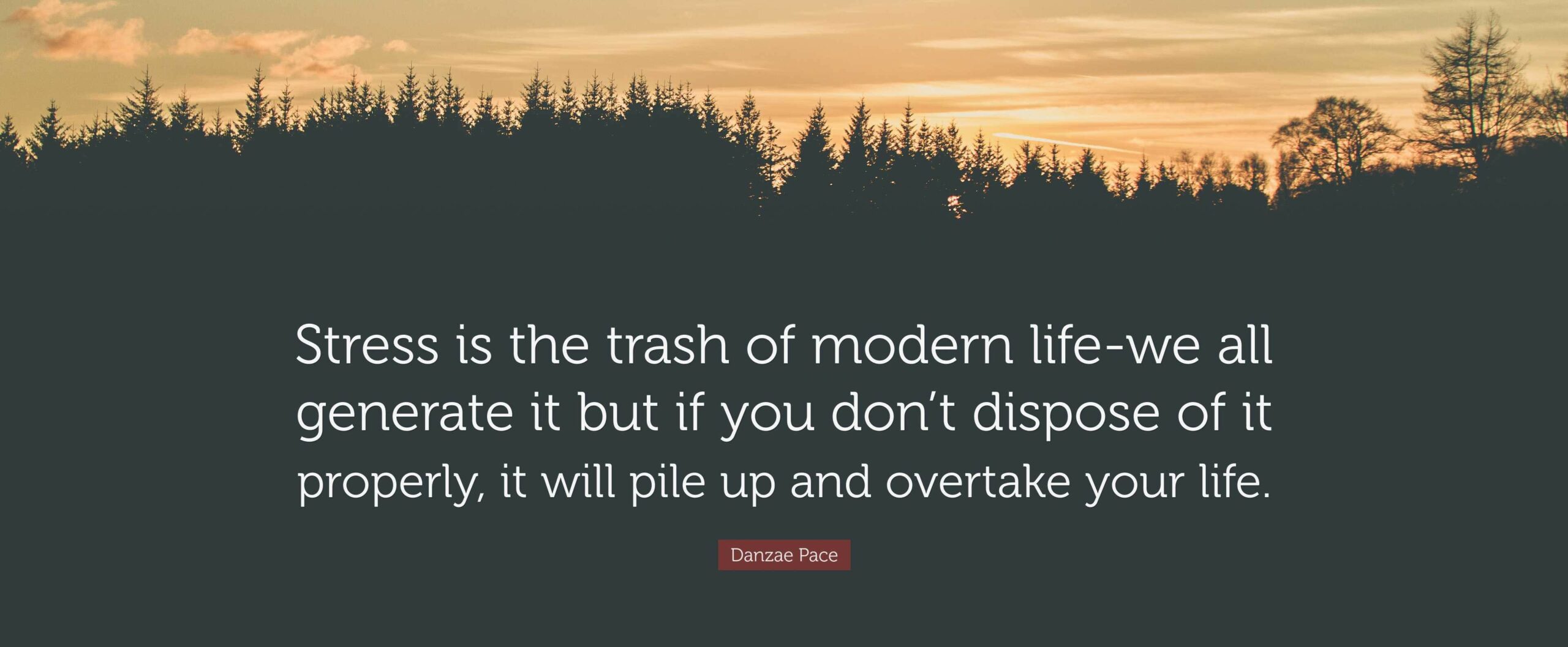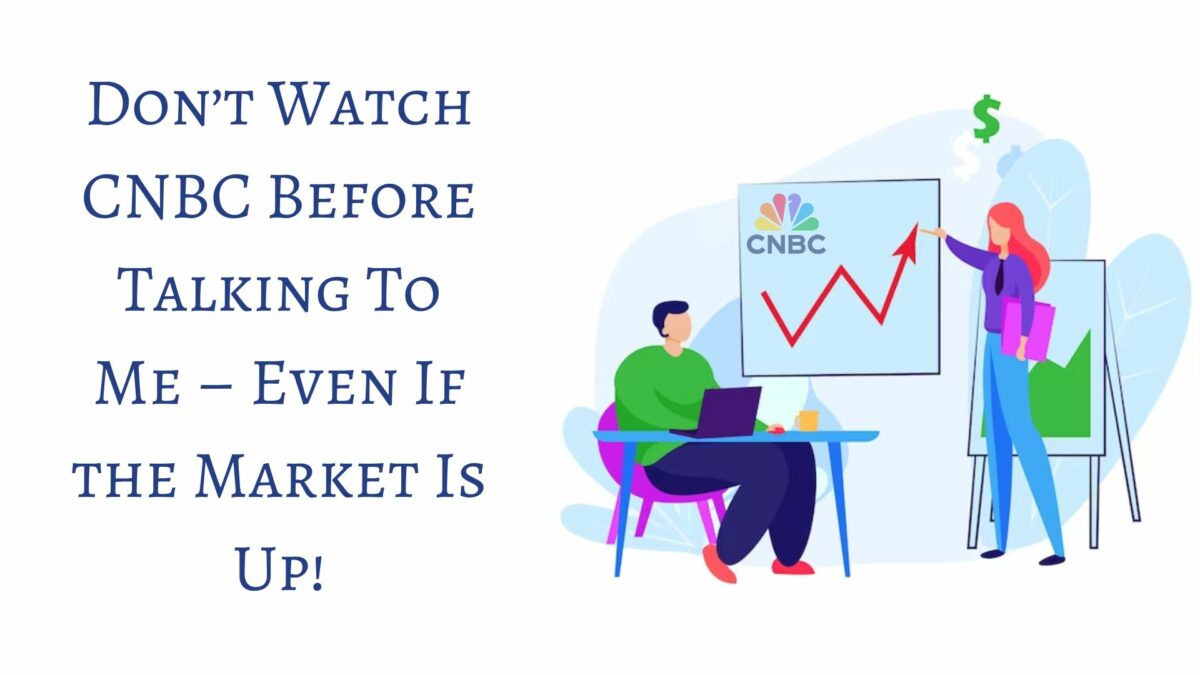“Stress is the trash of modern life – we all generate it but if you don’t dispose of it properly, it will pile up and overtake your life.”
–Danzae Pace

“No news is good news.” That is what I used to tell my parents to expect before I deployed to Bosnia. Even during my second deployment, when I figured that the tension levels would be much lower and I was much more involved in humanitarian aid than in separating angry factions, I knew that it might be difficult for me to find the time to write letters and send them back home and that the mail could possibly take a couple of weeks to get back home.
(As a side note, soldiers still enjoy receiving mail, even if they don’t have time to write back to everything. It takes less time to read a letter than to write one. If you want to send letters to soldiers, there are great organizations such as Support Our Soldiers which can help you connect with servicemen and servicewomen.)
The advice about no news not only holds true for parents who are waiting to hear from their children, it also applies to people who are about to talk to their financial planners. It may be tempting to turn on CNBC for a few minutes so that you can seem like you’re “up” on the latest news, but doing so will only cause you problems, even if the market is up for the day.
According to research by John Grable of the University of Georgia (as a Georgia Tech fan, it pains me to no end to cite anything from UGA!) and Sonya Britt from Kansas State University, watching financial news increases stress in financial planning clients. Furthermore, surprisingly, positive financial news caused an increase in stress in 75% of test subjects – higher than bad news or no news at all.
What causes this?
Apparently, Monkey Brain likes to play what if with the past. Instead of thinking “Yay! The market is up!” Monkey Brain likes to say that it’s a missed opportunity.
MONKEY BRAIN: “SHOULD HAVE BEEN IN STOCK MARKET YESTERDAY. NOW WE HAVE LESS BANANAS.”
YOU: “That’s why we’re seeing a financial planner.”
MONKEY BRAIN: “BUY PORK SNOUT FUTURES. GOT HOT STOCK TIP. WILL MAKE TONS OF MONEY. MAKE UP FOR STUPID NOT BEING IN THE MARKET YESTERDAY. DUMB JIM CRAMER.”
Interestingly, seeing the bad news engages us in prospect theory in reverse. Prospect theory says that we hate taking losses and will gamble more to make up for a loss. It’s what makes us buy high and sell low and hold on to losing investments.
What happens when we see good financial news is that Monkey Brain perceives the lost opportunity and turns it, mentally, into a loss – the same as if you were invested in something that went down. The loss amps up your stress levels and makes you want to try to catch up right away rather than sticking with your plan.
How do you keep Monkey Brain from causing you to sweat like a gambler who just found out he owes his bookie a large wad of cash?
- Turn off the TV. It seems obvious, but it’s much harder to do in reality than it is to think about. Cut the cable. Don’t watch the news. Really, how much of what happens in the news affects your life anyway?
- Value cost average. If you have a plan ahead of time and have automatic investments, then it’s going to be difficult to mess that up. You won’t be trying to time the market, and you won’t go chasing losses – real or perceived.
It’s really that simple. There’s no trick up my sleeve, no secret which is going to make you magically control the markets or your reaction to them. Believe it or not, one of the best coping mechanisms is to play ostrich and put your head in the sand about the markets.
Yes, in investing, sometimes no news is good news!
Author Profile
- John Davis is a nationally recognized expert on credit reporting, credit scoring, and identity theft. He has written four books about his expertise in the field and has been featured extensively in numerous media outlets such as The Wall Street Journal, The Washington Post, CNN, CBS News, CNBC, Fox Business, and many more. With over 20 years of experience helping consumers understand their credit and identity protection rights, John is passionate about empowering people to take control of their finances. He works with financial institutions to develop consumer-friendly policies that promote financial literacy and responsible borrowing habits.
Latest entries
 Low Income GrantsSeptember 25, 2023How to Get a Free Government Phone: A Step-by-Step Guide
Low Income GrantsSeptember 25, 2023How to Get a Free Government Phone: A Step-by-Step Guide Low Income GrantsSeptember 25, 2023Dental Charities That Help With Dental Costs
Low Income GrantsSeptember 25, 2023Dental Charities That Help With Dental Costs Low Income GrantsSeptember 25, 2023Low-Cost Hearing Aids for Seniors: A Comprehensive Guide
Low Income GrantsSeptember 25, 2023Low-Cost Hearing Aids for Seniors: A Comprehensive Guide Low Income GrantsSeptember 25, 2023Second Chance Apartments that Accept Evictions: A Comprehensive Guide
Low Income GrantsSeptember 25, 2023Second Chance Apartments that Accept Evictions: A Comprehensive Guide

